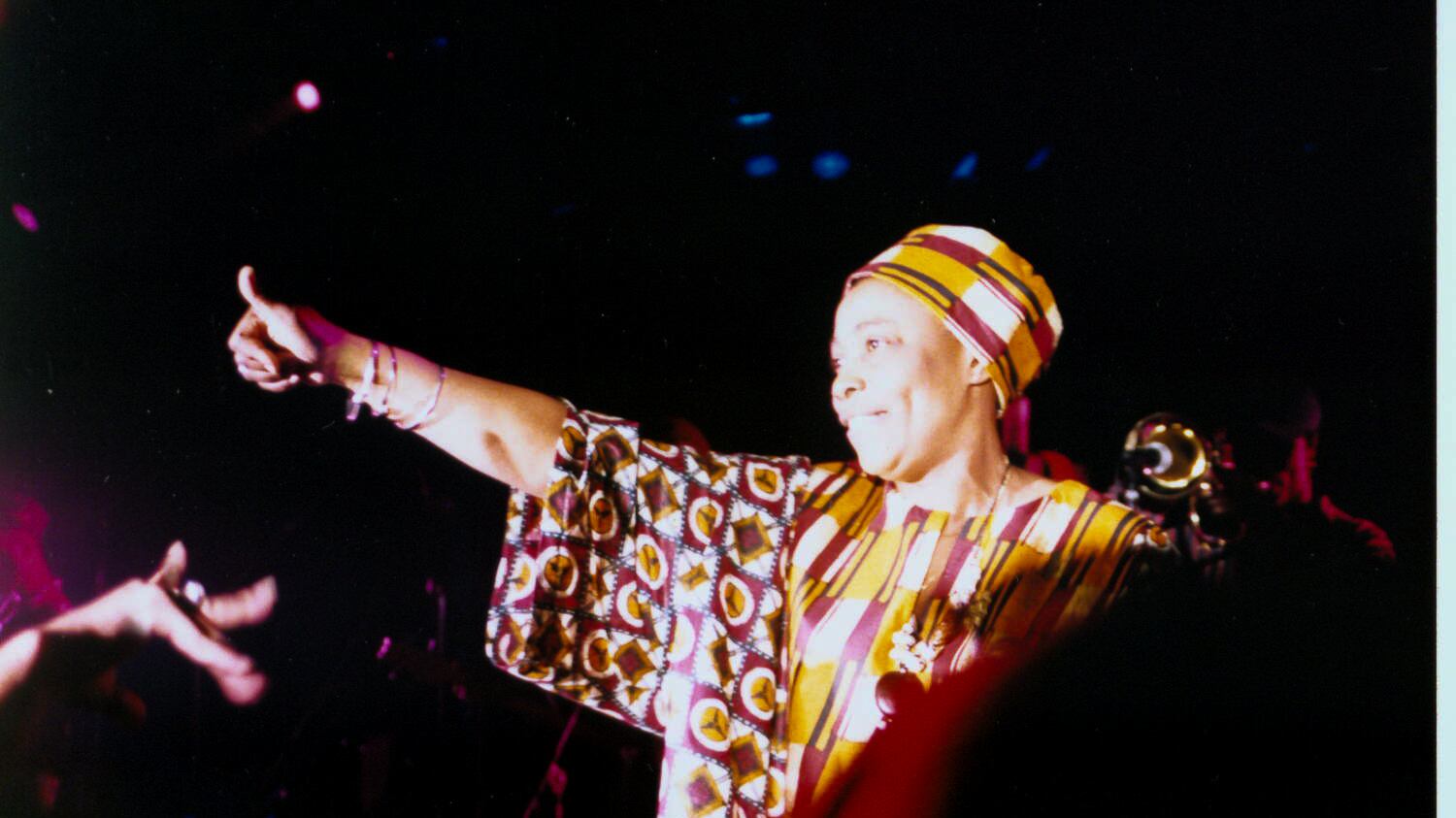About two decades ago, Norma Fraser, the legendary reggae vocalist responsible for classic cuts like her soulful take on Cat Stevens’ “The First Cut Is the Deepest” and the 1963 skip jumping ska tune “Come On Pretty Baby,” played a concert in Eugene. She fell instantly in love with the college town.
“I’d never seen so many white rastas in all my life!” Fraser says. “They embraced the reggae music and knew so much about it. That really made me feel at home.”
Her adoration of the city was such that she wound up relocating to Eugene in 2005, not long after retiring from her career as a gerontologist and reigniting her career as a performing artist after a 20-year absence.
Fraser is one of a handful of illustrious Jamaican reggae artists who have relocated to the Northwest in recent years. Up north in Seattle, for example, you’ll find Winston Jarrett, a roots reggae singer who recorded with Alton Ellis and Lee “Scratch” Perry during his lengthy career, and Lynval Golding, the vocalist best known for his tenure in ska revivalists The Specials.
“It’s amazing the elders we have here in the Pacific Northwest, which is not exactly a hot spot for the Jamaican diaspora,” says Yonatan Schultz, a Portland DJ and promoter who has booked Fraser for a performance with backing band The Bandulus on April 19. “Usually it’s Florida, New York or Toronto.”
While Schultz has designs on bringing both of the artists from Seattle down here for shows in the future, he’s starting his mini reggae invasion with Fraser. And he couldn’t have chosen a better artist to begin this adventure with.
Born and raised in the suburbs of Kingston, Jamaica, Fraser fell in love with music at an early age, drinking in the sounds of crooners like Sam Cooke and Paul Anka as well as the heavy homegrown grooves of the local sound systems that would play the hit reggae and rocksteady records of the day.
Initially working as a schoolteacher, she was encouraged to try her hand at making her own music by guitarist Dwight Pinkney and a mysterious musician known only as Weedy Head. Brimming with confidence, they dared to audition a song with Skatalites co-founder Roland Alphonso.
“The other two guys weren’t very good,” Fraser says, punctuating her memory with her infectious laugh. “Roland told them to go plant yams. But I had good musical ears and he wanted me. He picked me out of the group.”
Fraser soon found herself recording with calypso singer Lord Creator, scoring an immediate hit with their soulful duet “We Will Be Lovers.” Many more studio sessions followed, all of them overseen by Coxsone Dodd, the producer who built famed recording house Studio One. Sticking to only one producer was unusual enough, but Fraser also had the rare opportunity to record her own original material.
“The owner of the label usually would pick the songs for you,” Fraser remembers. “Just for the women, you notice that? I just did it. When I was with the Creator, they only had [“We Will Be Lovers”] and they needed a b-side. They said, ‘Norma, can you write something?’ And I wrote ‘Come On Baby’ just like that, right there. Maybe they thought I had something in me, I don’t know.”
Between her time in the studio and her various residencies performing at supper clubs and resorts around Jamaica, Fraser wound up rubbing elbows and working with all manner of reggae royalty. She befriended Cuban-born singer Rita Anderson, apparently convincing her young friend to go ahead with her marriage to the then-young musician Bob Marley. That relationship eventually led to Marley inviting Fraser to be a member of the I Threes, the female vocalists who were vital members of his backing band, The Wailers.
“He was looking for me, that’s true,” Fraser says. “He wanted me because Bob and myself were very, very good friends. I turned it down. I turned down so many things.”
There’s not a whiff of regret in Fraser’s voice as she says this. Nor is there when recounting her decision to step away from music in the ’70s to get her master’s degree and then work in gerontology and psychotherapy. She led a full enough life even before feeling the pull to start making music again, but can now boast that she once drew upwards of 20,000 people to hear her sing at venues in Europe and Japan.
In recent years, Fraser has scaled things back considerably, performing only a few times a year and preferring to play smaller spaces. Her upcoming Portland date, for example, is going down at the headquarters for vinyl and CD manufacturing firm Cravedog. A far cry from the lush surroundings of the Montego Bay supper clubs where she once held court, but that’s just how she likes it.
“I pick and choose what I want right now,” Fraser says, “and just do things that are uplifting. Not doing it for the love of the money, but for people who love the music and want to bring that to wherever they are.”
SEE IT: Norma Fraser at Cravedog, 611 N Tillamook St., 503-233-7284, cravedog.com (tickets here). 7:30 pm Saturday, April 19. $25.
